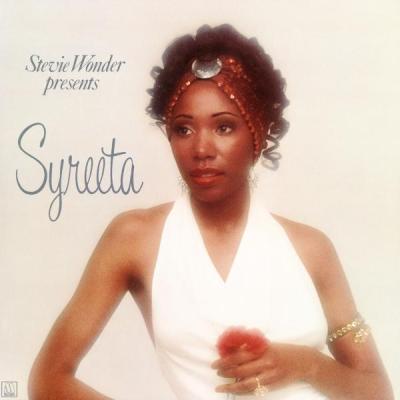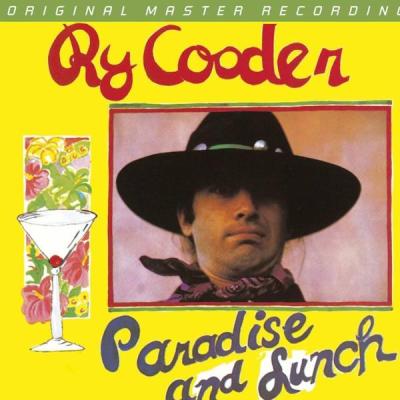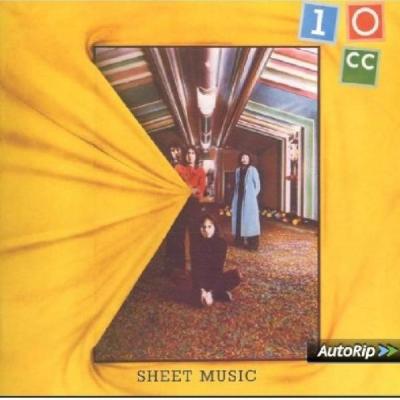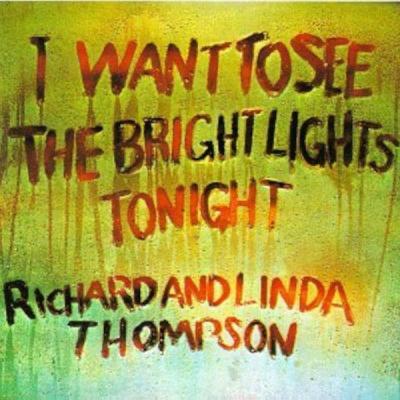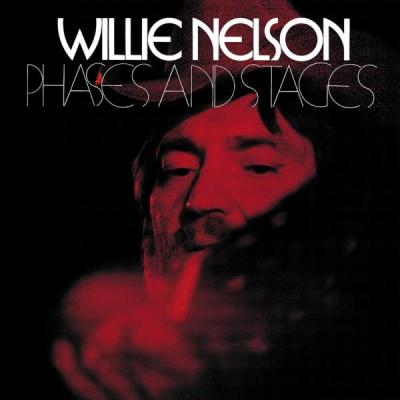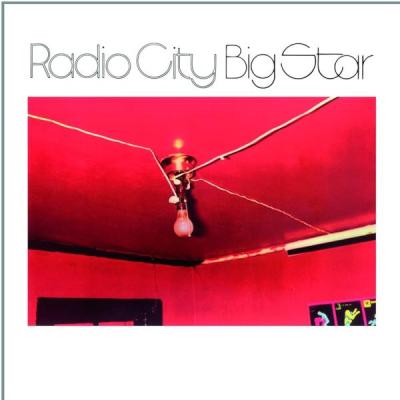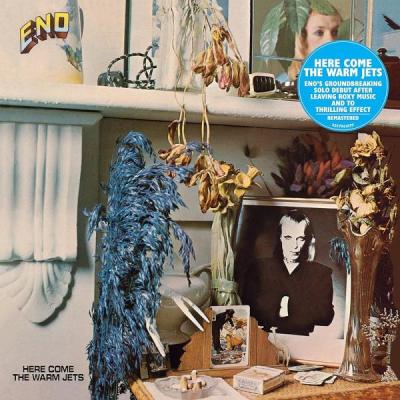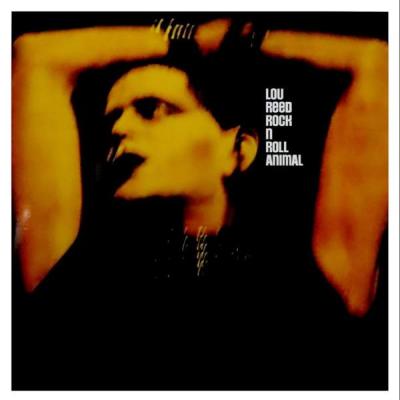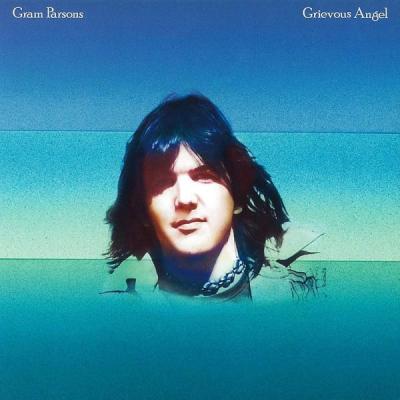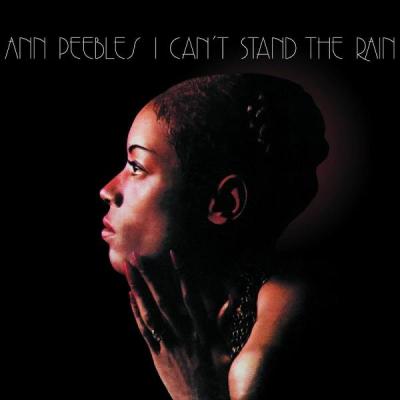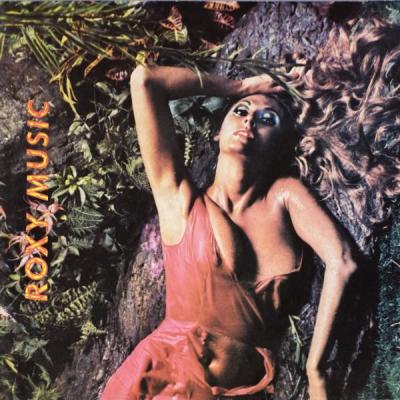


Miles Davis: Milestones
Album #25 - September 1958
Episode date - November 15, 2023
By now, it must be obvious that I am a Miles Davis fan, but even from an objective perspective, it’s almost impossible to deny his influence on music, particularly in this era.
In the late ‘50s, there were truckloads of great ‘hard bop’ players who created albums worthy of consideration, but most of them remained squarely within the genre that spawned them. Sonny Clark (“Cool Struttin’”), Lee Morgan (“The Cooker”), Stan Getz, Dizzie Gillespie, Sonny Stitt, Sonny Clark, Bud Powell and even old-timer Benny Carter released excellent albums in 1958 and deserve at least an honorable mention for doing their part to push jazz toward something innovative, but they all stayed very close to the blueprint established by Charlie Parker.
The late ’40 to early fifties were a fascinating time for jazz music because so much seemingly changed overnight. A union strike during World War II lasted almost two full years, preventing musicians from having their recordings broadcast on the radio. In the interim, big bands lost their momentum, while smaller units would play in smokey clubs and work out fascinating arrangements of new compositions, usually built around standard chord progressions.
In a live setting, fast and furious became the flavor of choice and a new style called be-bop emerged. By the time the strike ended, music fans were suddenly hearing the new style over their radios and were bowled over by the speed, precision, and raw energy of the new style. Those mentioned above served as the driving force behind be-bop, but none so much as Charlie Parker, who was grossly under-documented during his prime due to that infernal strike. Since Miles Davis was a member of Parker’s band, it was expected that he would remain the truest disciple of all, but it did not turn out that way. Not at all.
By the time he signed with Columbia Records, Davis had taken on chameleonic characteristics, with each album representing a different facet of his ambition, his stylistic range, and his restless nature. Miles was a remarkably versatile musician who could easily hold his own beside the most technically proficient players of the time, but he lacked the lightning quick speed that came to define be-bop in its mid-‘50s outgrowth, hard bop. In place of speed, Davis dug deeper to discover the emotional center of the music and you could almost hear a literal connection between his horn and his heart. Some mistook his sensitivity for romanticism, but he was much more an explorer than a staid romanticist.
By the time of “Milestones”, he was uncovering new turf for jazz music, pushing it away from pyrotechnics and toward something much more provocative. Boasting a sextet with the addition of Cannonball Adderley, the album kicks off with Jackie Mclean’s “Dr. Jackle”, a rip-roaring hard-bop showcase that suggests a similar collection of tunes will follow, but it quickly gives way to the patient modalism of “Sid’s Ahead”. From this point forward, the album never looks back. It was here that Miles pushed contemporary jazz away from chord structure, relying instead on a modal system that could float between major and minor keys, moving through changes that would step up or down the scale in patterns that allowed more freedom of expression for soloists while simultaneously making it difficult to assign a specific key to the composition.
“Milestones” was the title of a song that Davis wrote while playing with Charlie Parker in the late ‘40s. He reclaims the title here, but this “Milestones” bears little or no similarity to its predecessor. On this version, the band rips through a hot syncopated rhythm that remains static through the modal chord change, but then gives way to a floating melody based on a decidedly ‘non-hot’ half note pattern. It’s an arrangement that forces rhythmic variation without disrupting tempo, practically forcing each soloist to think on their feet. It’s memorable, easy for neophytes to follow, and deceptively intuitive. In this one song rests the formula that would make Davis’ next (non-orchestral) album the most beloved jazz masterpiece of all time. “Milestones” suggests what was to come with “Kind of Blue”, but with a harder, speedier edge that still held appeal for the hard-bop set. Once Davis abandoned this aspect of his style, jazz would never be quite the same.
Featured tracks:
Dr. Jekyll (titled "Dr. Jackle" on later LP and CD releases)
Sid's Ahead
Two Bass Hit
Miles (titled "Milestones" on later LP and CD releases)
Billy Boy
Straight, No Chaser
September 1958 – Billboard Did Not Chart
Related Shows


